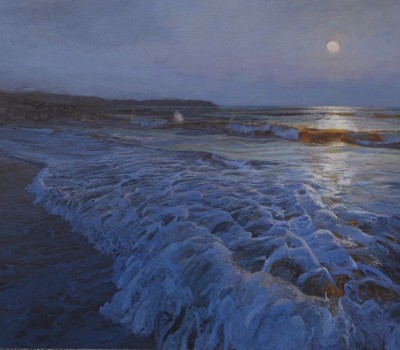Pushing into Brigantia, Cumbria.
A track snakes into the mountains that seem to block the horizon, leading one forward to an unseen destination in a wilderness. I am reminded of Caspar David Friedrich’s “Chasseur in the Forest”; a soldier is drawn forward into an alien space, to an uncertain fate.
Our own ideas of the mountains of Cumbria where much shaped by the Romantic poets. They are so familiar that the Roman view of our landscape could be used, as the Romans themselves used it, as a means through which we can examine our own cultural prejudices. Romanticism, which emphasises the individual, the subjective, the irrational, and the imaginative, seems to find echoes in the Roman literary descriptions of Britain.
Although our embrace of wild places was not shared by those writing of Britannia, but its isolation meant that its wild places were far removed from the “contagion” and vices that Roman writers often criticise. They saw that those who lived in these remote places were “unpolluted” and could be free from the corrupting influences of civilised society.
Don’t these ideas find parallels in our modern view of the health-giving, morally uplifting properties of wild nature, and our desire to “escape to the country”?




